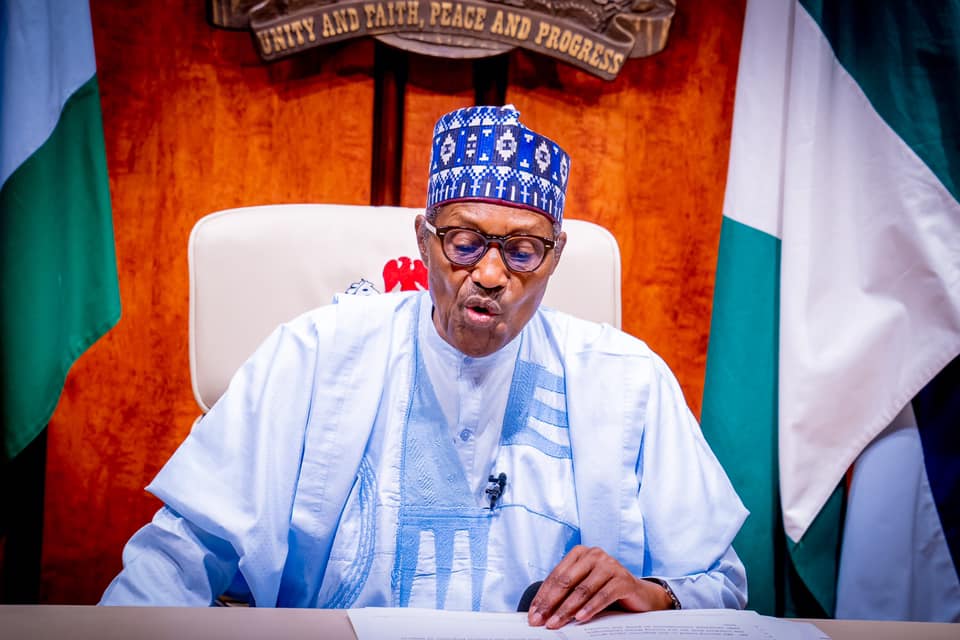[dropcap]T[/dropcap]he Council of States, on Thursday, endorsed the granting of pardon, clemency, and prerogative of mercy to 159 out of 162 applications presented before it for consideration.
Jolly Nyame, a former governor of Taraba State, and former governor of Plateau State, Joshua Dariye were among those pardoned.
A presidential pardon is an executive power that allows the President to intervene, interfere and therefore grant pardon, as a way of administering the leniency of government in certain cases of failure of the judiciary to hold a morally, politically and socially acceptable result. This power exists to protect citizens against wrongful conviction or excessive punishment. The power to pardon and exercise of prerogative of mercy is outlined in Section 175 of the 1999 Constitution.
In practice, this power could be subjective and reserved mainly for the highly connected. Some could say this feature is a breach of the doctrine of separation of powers. But it is important to acknowledge that it is constitutional and by design, a check on the misjudgments of the judiciary.
Many Nigerians have raised concerns about the pardon. They have highlighted the inequality and discrimination in the exercise. The pardoned governors were both jailed on the basis of stealing.
It is within the capacity of the President to pardon whoever he wishes to but it is also a matter of repute. The executive should be concerned with how the public would regard this administration. This is an administration with the theme ‘Ending corruption’. Stealing is a corrupt practice and should be held as such to serve as a deterrent to others.
One way of looking at it is that, the Presidents allowed personal considerations to dictate their decisions, leading to the ‘abuse’ of the power.
In the case of Biddle V Perovich, Holmes J. declared that:
“A pardon in our days is not a private act of grace from an individual happening to possess power. It is part of the constitutional scheme. When granted it is the determination of the ultimate authority that the public welfare will be better served by inflecting less than what the judgment fixed”.
Consequently, pardon affords alleviation from undue harshness in the enforcement of the criminal law. The contention here is discrimination on the basis of class or category. It is obvious that there are many wrongfully convicted in our prisons. Under Section 17 of the 1999 Constitution; there shall be equality and equal rights for all citizens.
Therefore, the presidential pardon should also be extended to petty criminals. Justice is best served without discrimination. Since former governor, Jolly Nyame gets a pardon after stealing N1.6 billion, those in prison for stealing lower sums of money should be pardoned. That is the only way for justice and public welfare to be preserved in our modern society.
The power to grant pardon is capable of correcting the mistakes of the judiciary. And public interest shall be better served.
Most importantly, the ability of the President to use the power of pardon equally depends on his personal tenets and sense of responsibility.
Chinedum Anayo can be reached on Mail
The opinions expressed in this article are solely those of the author.







